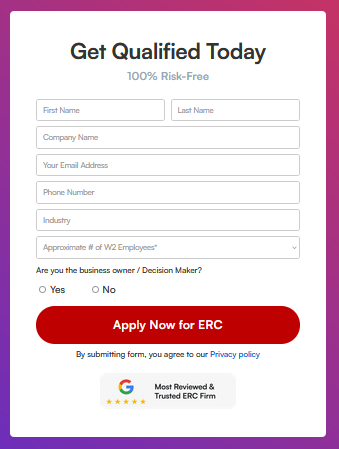Financing a commercial real estate project can be a complex process, requiring a thorough understanding of the loan approval process. Whether you are a seasoned real estate investor or a newcomer to the industry, navigating the ins and outs of commercial real estate loan approval can be a challenge. In this article, we will break down the key steps involved in securing financing for a commercial real estate project.
1. Pre-qualification: The first step in the loan approval process is pre-qualification. This involves providing the lender with basic information about the property, such as the purchase price, the amount of financing needed, and your financial information. The lender will then assess your creditworthiness and determine whether you meet their lending criteria.
2. Application: Once you have been pre-qualified, you can submit a formal loan application. This will require you to provide detailed information about the property, your business plan, and your financial history. The lender will evaluate your application and may request additional documentation, such as tax returns, bank statements, and property appraisals.
3. Underwriting: The underwriting process is where the lender evaluates the risk of lending to you based on the information provided in your application. They will assess factors such as your credit score, income, debt-to-income ratio, and the value of the property. The underwriter will determine the terms of the loan, including the interest rate, loan amount, and repayment schedule.
4. Approval: If the underwriter is satisfied with your application, they will issue a loan approval. This will outline the terms of the loan, including the interest rate, loan amount, and any conditions that must be met before closing. The approval may also be contingent on a property appraisal and environmental assessment.
5. Closing: Once the loan has been approved, you can move forward with closing the loan. This involves signing the necessary documents, paying closing costs, and transferring ownership of the property. The lender will disburse the funds, and you will be responsible for making payments according to the terms of the loan agreement.
Securing financing for a commercial real estate project can be a complex and time-consuming process. It is important to be prepared and organized, with a clear understanding of the steps involved in the loan approval process. By working closely with your lender and providing all necessary documentation, you can increase your chances of securing financing for your project. Remember, each lender has their own criteria for approving loans, so it is important to shop around and compare offers to find the best financing option for your commercial real estate project.








